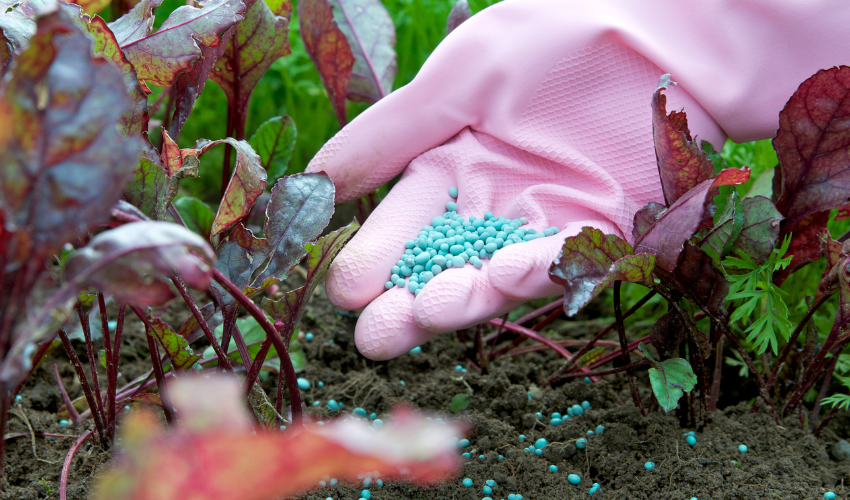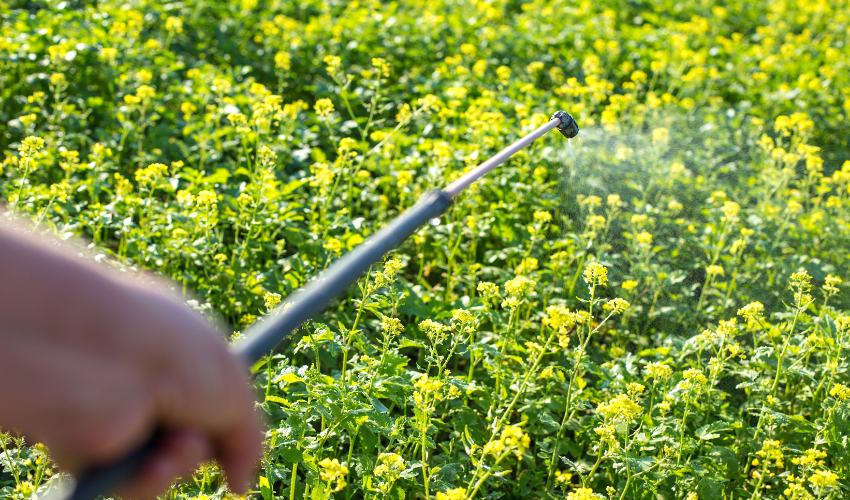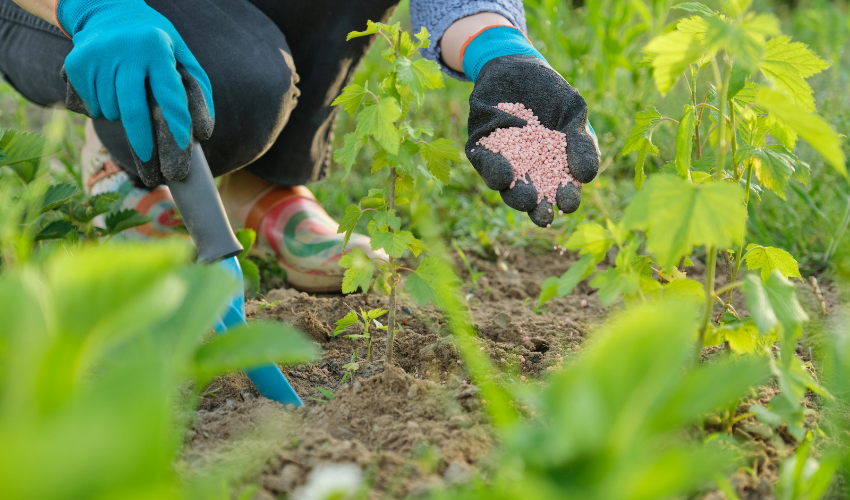Fertilisers are crucial for agriculture as they provide plants with essential nutrients that are otherwise lacking in the soil. But how do they work? Fertilisers work by providing plants with the necessary nutrients that they need to grow, such as nitrogen, phosphorus, and potassium. These nutrients are essential for plant growth and development and are often lacking in the soil.
In this article, we will explore the science behind fertilisers, how they work, and the different types of fertilisers available in the market.

How Does a Fertiliser Work?
Fertilisers provide plants with essential nutrients that they need to grow. The three main nutrients that fertilisers provide are nitrogen, phosphorus, and potassium. These are known as NPK fertilisers and are the most commonly used fertilisers in agriculture.
When plants absorb these nutrients, they use them to build proteins, enzymes, and other essential molecules that are needed for growth and development. Nitrogen is required for plant growth and is responsible for the production of chlorophyll, which is necessary for photosynthesis. Phosphorus is needed for root growth, and potassium is required for the regulation of water in plants.

Types of Fertilisers
- Organic Fertilisers: These fertilisers are derived from organic matter such as animal waste, compost, and other natural sources. They release nutrients slowly and are considered to be more environmentally friendly.
- Inorganic Fertilisers: These fertilisers are synthetically produced and contain a higher concentration of nutrients than organic fertilisers. They release nutrients quickly and are generally cheaper than organic fertilisers.
- Liquid Fertilisers: These fertilisers are applied in liquid form and are absorbed quickly by plants. They are easy to apply and provide a quick boost of nutrients to plants.
- Slow-Release Fertilisers: These fertilisers release nutrients slowly over a longer period, ensuring a steady supply of nutrients to plants.
How to Choose the Right Fertiliser
Choosing the right fertiliser for your plants depends on various factors such as the type of soil, the type of plants, and the nutrient requirements of the plants. It is essential to test the soil before applying fertiliser to determine the nutrient content and pH level of the soil.
FAQs
How often should I apply fertiliser to my plants?
The frequency of fertiliser application depends on the type of plants and the type of fertiliser being used. It is essential to follow the instructions on the fertiliser package to ensure that you are applying the right amount of fertiliser at the right time.
Can fertilisers harm the environment?
Overuse of fertilisers can lead to water pollution, which can harm aquatic life. It is essential to use fertilisers responsibly and in the right amounts to prevent environmental damage.
Can I make my own fertiliser?
Yes, you can make your own fertiliser using organic matter such as compost and animal waste. However, it is essential to ensure that the fertiliser is well-balanced and contains the necessary nutrients for plant growth.
What are the signs of over-fertilisation?
Over-fertilisation can cause plants to become stunted, and the leaves may turn yellow or brown. It can also lead to the death of the plant in severe cases.
Can fertilisers be used for indoor plants?
Yes, fertilisers can be used for indoor plants. However, it is essential to choose the right fertiliser and follow the instructions carefully.
Conclusion
Fertilisers are an essential part of modern agriculture, and understanding how they work is crucial for ensuring the healthy growth of plants. By providing plants with essential nutrients such as nitrogen, phosphorus, and potassium, fertilisers help plants build proteins, enzymes, and other essential molecules that are necessary for growth and development.
There are different types of fertilisers available in the market, including organic, inorganic, liquid, and slow-release fertilisers. Choosing the right fertiliser depends on various factors such as the type of soil, the type of plants, and the nutrient requirements of the plants. It is also essential to use fertilisers responsibly to prevent environmental damage.
In conclusion, fertilisers play a crucial role in modern agriculture, and understanding how they work can help farmers and gardeners grow healthy plants and increase their yields. By choosing the right fertiliser and using it responsibly, we can ensure a sustainable and healthy environment for future generations.























